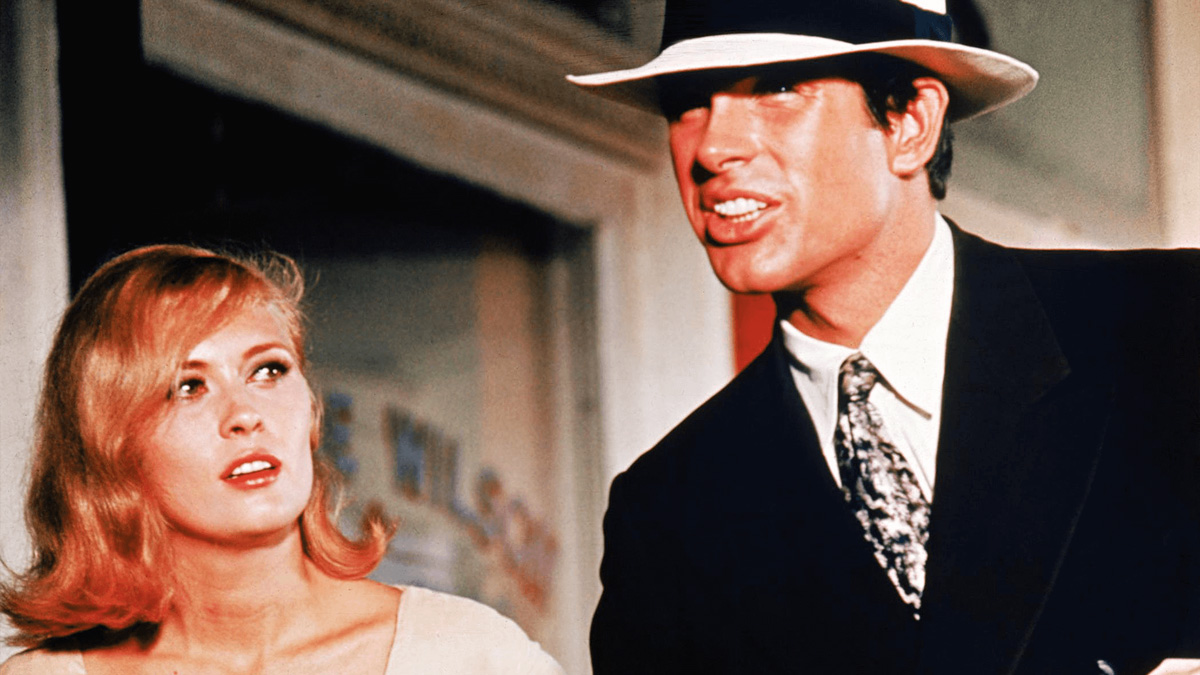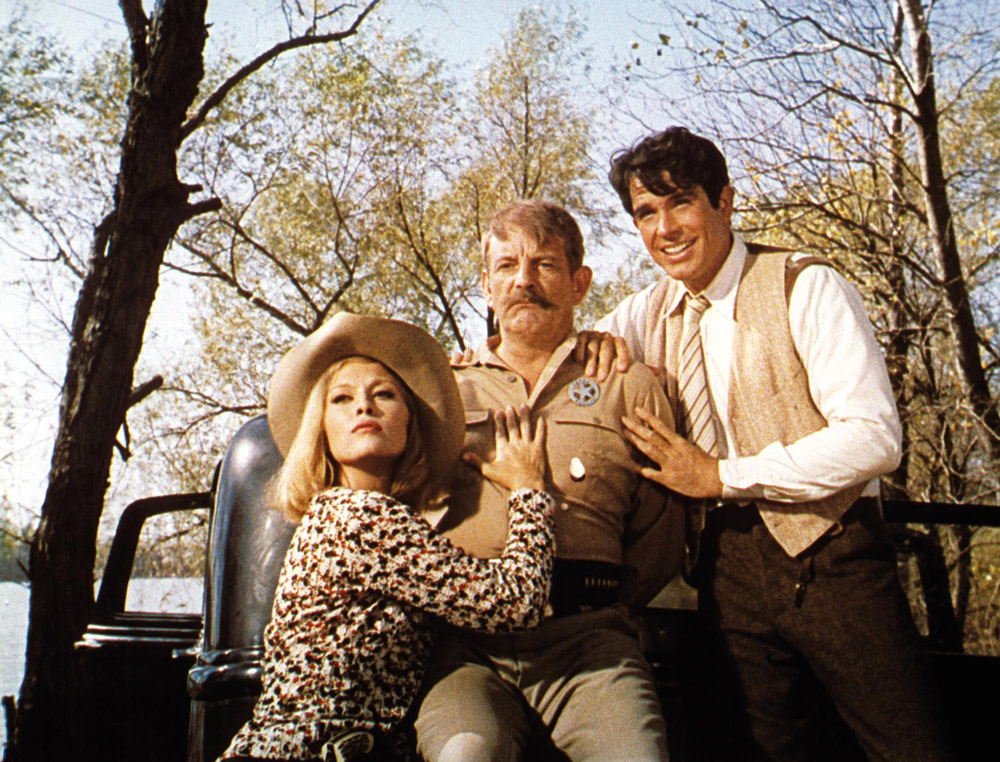
(c)2008 Warner Bors. Entertainment Inc. All rights reserved. "Academy Award(R)" is the registered trademark and servicemark of the Academy of Motion Picture Arts and Sciences.
"Bonnie and Clyde" An innovative American new cinema that shocked the 1960s
2019.03.27
Warner, the distributor, and many critics were unfavorable.
However, Jack L. Warner, president of Warner Bros., which distributed the film at the time, did not appreciate the film and hatched an outrageous plan to premiere it at a drive-in theater in Texas and then release it to the public at a second theater. It was standing. This was despite the fact that it had already received rave reviews within the industry. So, as a last resort, Beatty submitted the film to the Montreal Film Festival. After the screening, they were greeted with 14 curtain calls and a standing ovation, and they handed over the lead to the management, who were still trying to push forward with their plans.
To tell the truth, the media's reaction was initially lukewarm. Among them, Bosley Crowther, who wrote reviews for the New York Times, graciously contributed harsh articles three times. Other media outlets followed suit, with Pauline Kael of The New Yorker and Roger Ebert, who later became one of America's leading film critics, praising his work. Ebert, in particular, followed up on the work in print for six months after the preview. He seemed so passionate about it that he declared, ``This is the first masterpiece I've ever encountered in my life.'' They had the talent and courage to quickly identify new and superior things. This is what critics want to be like.

"Bonnie and Clyde" (c)2008 Warner Bors. Entertainment Inc. All rights reserved. "Academy Award(R)" is the registered trademark and servicemark of the Academy of Motion Picture Arts and Sciences.
Director Penn brought the slapstick sensibilities of the comedy group ``Keystone Cops,'' said to be the pioneers of slapstick comedy that was once all the rage in the silent era, to the violent scenes that unfold one after another. By doing this, the audience is shocked by the brutality of the violence, yet experiences a strange sensation of being comfortably dragged along by the fast-paced development. Penn also does not forget to insert poetic scenes between bloody scenes to promote emotion. This is the scene in which Clyde hugs Bonnie as she walks through a field of dry corn crying, having been rejected by her family who visited her while on the run.

